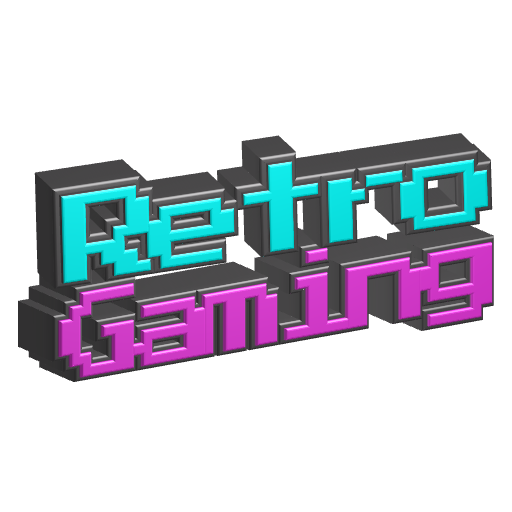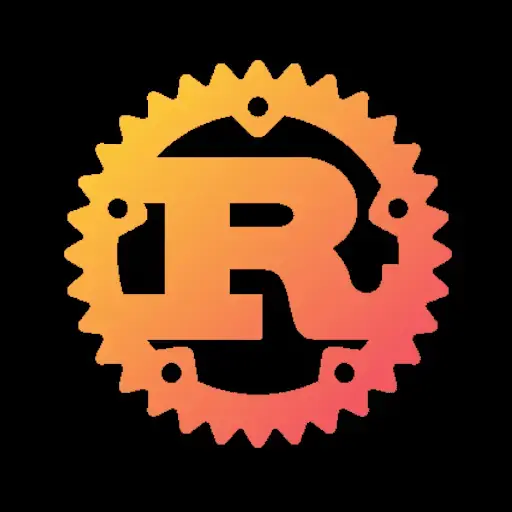

My most played Steam game is Dishonored, at 127 hours. I have replayed it a lot. A rarity for me, but I really liked that game. Dishonored came out in 2012. It’s taken me 12 years to accumulate that many hours.
Balatro came out two months ago.
I have 93 hours in it.





I have both. I do not think the OLED version is twice as nice, though it is noticeably improved.
If the cost is an issue, but doable, consider getting the LCD deck and putting the extra cash toward a TV dock and Bluetooth controller. The deck is awesome on the go (just took mine on vacation - 10/10) but it’s also a fantastic console in its own right. I play a lot of PC games on my couch, even though my I have a decent desktop PC available.
Either one you purchase though, the Steam deck is the best gaming device I’ve ever owned. Access to the vast Steam library (even if not all titles are compatible yet), access to install whatever else TF I want - even competing stores,
emulationnevermind.It’s just… 🤯